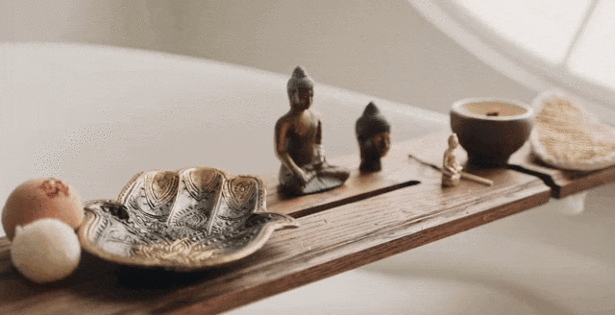I had been hearing about an impressive tai chi teacher named Gregory Fong since moving to Portland in 1997. It was about five years later that I convinced Briana to… Read More
become a life coach
Six Ways to Build a Healthy Life Structure That Will Direct You Towards Your Dreams
Last week we looked at ways to sweeten your life, a concept from my and Briana’s book, The Well Life, which also forms much of the foundation material for the… Read More
Three Ways to Sweeten Your Life
Several years ago Briana and I wrote The Well Life, a book on how to achieve wellness and balance in all domains of life – physical, mental, spiritual, financial, career,… Read More
Coaching Origin Sandwich
Several years ago, a growing number of people who had read my and Briana’s books or taken our courses began asking us to train them to coach others using the… Read More
Why We Want You to Become Wealthy and Enlightened
Even if you’re not in the medical world like me, you probably still hear a lot about the COVID vaccine. There are people with very strong feelings for and against… Read More



 Cart
Cart




